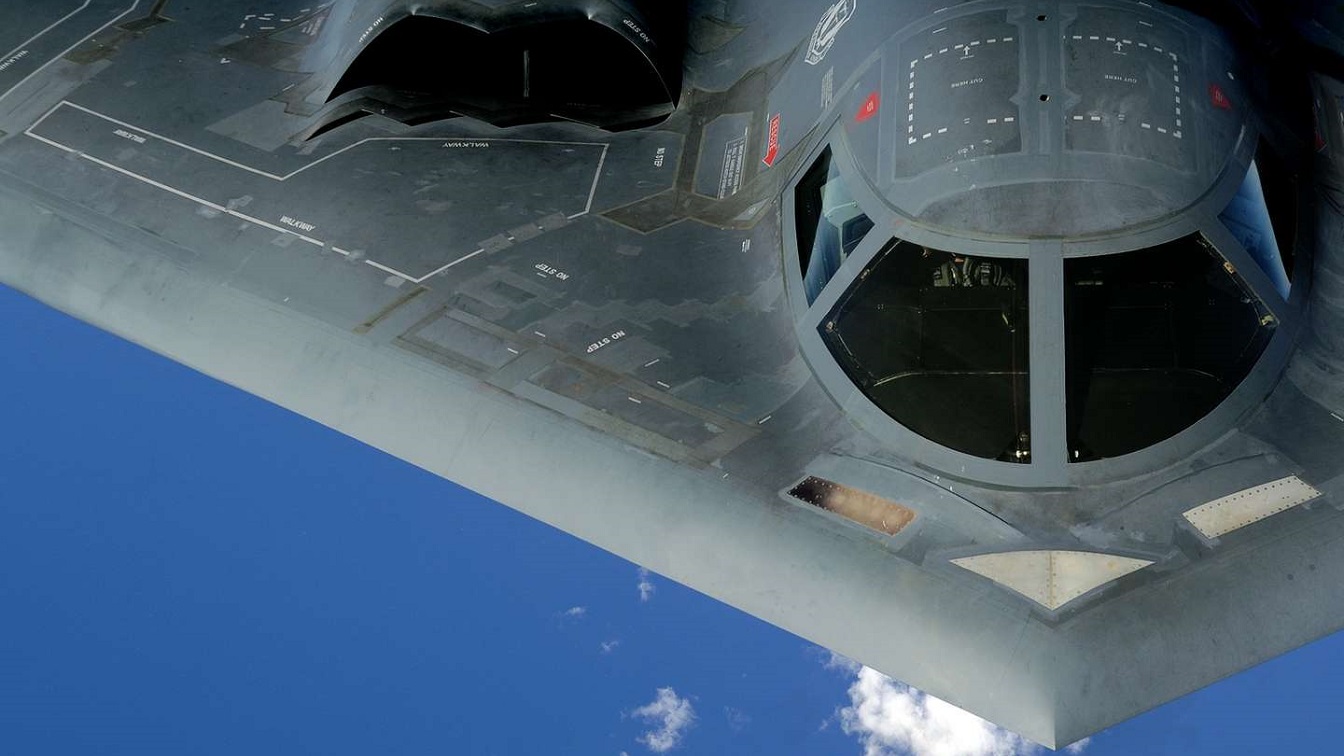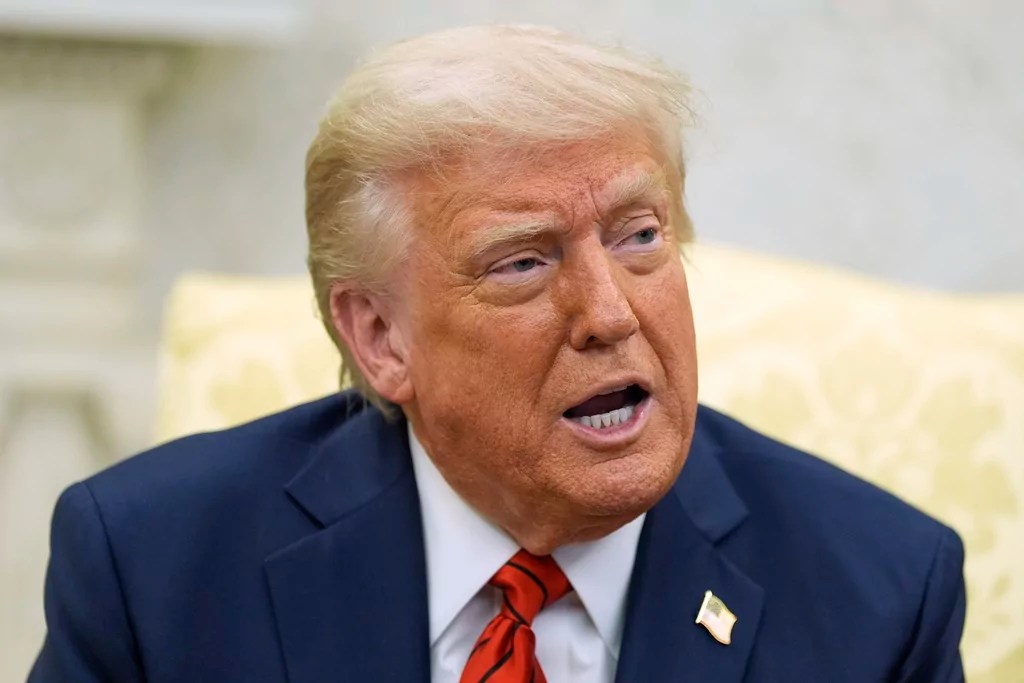If America Pushes for a “Total” Ukraine Victory it Could Mean Nuclear War
America is at a crossroads with its Ukraine policy.
Since the start of the conflict, its policy has been to provide Kyiv with the material, and diplomatic support needed to defend itself against an invading Russia, mindful that it does not escalate to direct conflict with NATO.
This policy, which has been in place since February of this year, has enjoyed support from both Democrats and Republicans, as well as from most Americans.
[embedded content]But the context of this policy was when a far more powerful Russia invaded its much weaker neighbor.
Before Putin miscalculated in Ukraine, Russia was thought to be one of the world’s most capable military powers, one so strong that it was identified by multiple administrations as a legitimate threat to American global interests.
With its aged and outdated Soviet equipment, and not even a third of Russia’s population, it was expected that Ukraine would have an impossible time defending itself if Russia ever fully invaded.
One think tank, for example, suggested that Russian military forces “would likely outmatch Ukrainian conventional forces and overrun Kiev in a matter of hours if they invaded.”
So America stepped in, and provided Kyiv with $54 billion dollars worth of aid in the first three months alone, along with issuing some of its most wide-ranging sanctions in history. Because the idea that Putin could just invade a sovereign country, overthrow its elected government, and then replace it with one more sympathetic to Moscow’s interests was not something America would tolerate.
And this strategy seems to have worked, as Russia was not only unable to capture Kyiv, but is now in retreat, and has lost a reported 54 percent of the territory it once held in Ukraine.
The conversation is no longer about whether Ukraine can defend itself against an invading Russia, but if it can actually win this conflict. And because a Ukrainian victory seems a possibility, it is important America reevaluate its policy.
That is, does America start laying the groundwork for future peace negotiations and end this war through negotiations, as some have suggested? Or does it continue its current policy of supporting Ukraine and its military, perhaps to total victory?
Despite recent changes on the ground, America’s policy remains the same as it was before, which is “Nothing about Ukraine without Ukraine.” The Biden administration has made it very clear that it has no intention of pressuring Kyiv to hold talks with Moscow, but will instead continue supporting Ukraine and its war efforts until Kyiv gets what it wants out of the conflict.
And what is it that Ukraine wants? It isn’t to negotiate for peace, which it ruled out by presidential decree back in October. Instead, what Ukraine seeks is a return of all Ukrainian land it held prior to the 2014 invasion. This includes Crimea as well as those regions Russia illegally annexed in a staged referendum in September.
And this is where the objectives of America and Ukraine diverge, as such wide reaching aims are not in America’s best interests.
For starters, it would compromise the only vital interest American has in this conflict, which is ensuring nuclear weapons are not used. While Russia has abandoned a lot of territory in the past two months, it has not left Ukraine itself, and there is a lot of evidence that Russia is preparing to defend the land it still has.
If Ukraine does continue to fight to try to reclaim all its lost territory, it would put Putin in a position where he made Russia suffer over 100,000 casualties as well as suffer a lot of economic pain, only to end up actually losing territory. It is reasonable to expect Putin to escalate the conflict before he lets that happen, and that includes the real possibility he will use a tactical nuclear weapon.
Yet, even if America could somehow help Ukraine reclaim all of its land without it leading to nuclear war, it would still not be in America’s benefit to do so. What America wants from Russia, to use Biden’s own words, is to have a stable and predictable relationship. A total Ukrainian victory, however, would make this virtually impossible. This is because at the root of this conflict is Russia’s acute sense of vulnerability from having its near abroad slip further into the orbit of the west.
This has been a concern of Moscow for centuries and is not anything new. If Ukraine expels Russia and recovers all its former land, Russia’s security concerns do not just disappear, but should be expected to become even more of an issue, considering the prospects of EU and NATO membership for Ukraine will have only gone up. The result would be a more antagonistic Russia that doubles down on its style of hybrid warfare, which includes election meddling and disinformation campaigns, as well as a Russia more reluctant to cooperate on issues of mutual interests, like arms control and cyber security.
America needs to have a sober and realistic assessment of its objectives in the Ukraine-Russia conflict. A fully restored Ukraine is not worth risking nuclear war. Neither is a fully sovereign Ukraine more valuable than a cooperative and productive relationship with Moscow.
Instead of pursuing Ukraine’s interests at the expense of its own, America should set its own priorities, which means it should start to pressure Kyiv to manage its expectations and be more receptive to some sort of negotiated peace.
Brian Clark is a foreign policy analyst with a research interest in American grand strategy. His work has been published in The National Interest and The American Conservative.
" Conservative News Daily does not always share or support the views and opinions expressed here; they are just those of the writer."






Now loading...